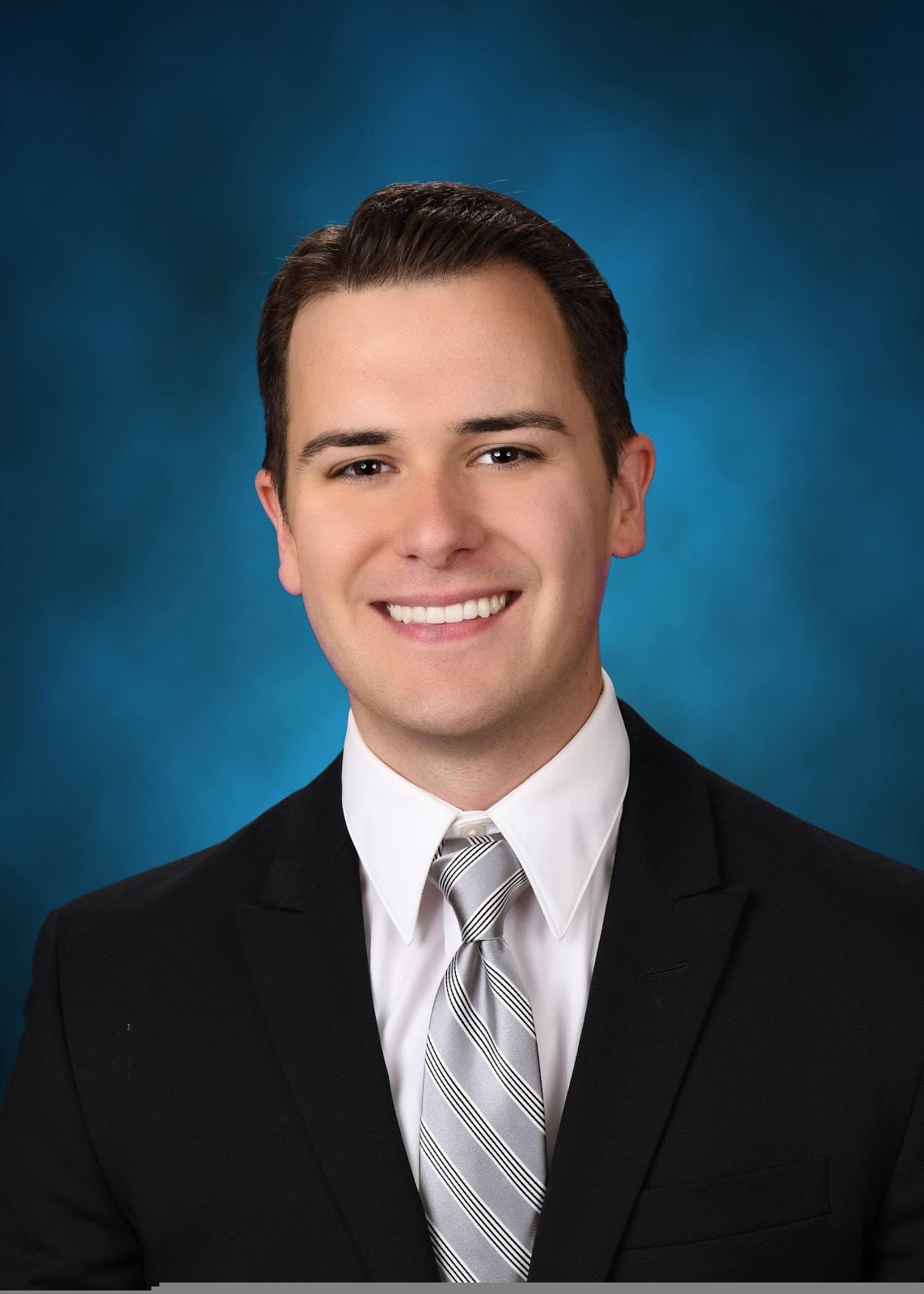August 11, 2020
Jacob Ward grew up in Muskogee, Oklahoma with a younger brother, both of which graduated from Hilldale High School. His Seneca-Cayuga heritage comes from his mother, Stella Ward. After completing High School, Jacob pursued his undergraduate education at Oklahoma State University, where he graduated with a bachelors’ degree in Physiology in May 2017. He then went on to graduate school at OU where he received his recent doctorate degree in Physical Therapy in May 2020.
Recently, he accepted a position as a physical therapist, working at St. Vincent’s in-patient rehabilitation facility in Sherwood, Arkansas. His work will focus primarily on treating stroke patients, individuals with traumatic brain injuries, and those not able to go home after discharge from the hospital.
When asked what inspired him to do physical therapy school he responded: “My mom was a physical therapist. I saw what she did, and grew up hearing her patient stories most of my life. Around 8th grade, I had an accident, causing dis-location in my knee that required knee surgery and physical therapy. During my first two years of college, I thought I would be a physician, but as I practiced, I realized I wanted more time with patients, to aid in their healing and recovery more closely. I knew PT offered time with patients as well as further flexibility to spend more time with family, which is very important to me.”
When asked what advice he had to others pursuing similar goals he shared: “Ask yourselves before you graduate high school - what are the core things you want out of life? From there, work backwards. Begin with the end in mind and identify the path required to arrive at that point. Continuously asking questions like ‘who are the people I need to reach out to that can help me get there? A coach, a mentor, a tribal leader? Whether it’s at school, in the community or within your family, be proactive.”
As he went through college, Ward reflected on the invaluable asset it was to receive the tribal scholarships and support that allowed him to focus on his studies: “I am so thankful to have had aid from the tribe all the way to graduate school.”
While in graduate school, Ward began to focus more specifically on the history of the Seneca-Cayuga Nation and its history dating back to the Iroquois Confederacy: “When I began to understand what my tribe sacrificed and overcame to become what it is today, it profoundly impacted me.”
Ward recounted: “By far, the most insightful experiences I’ve had with our tribal communities was during one of my internship rotations at an Indian Health Center Hospital in Oklahoma. It was a federally-run health care facility. The population’s unique needs opened up my eyes to the disparity in health amongst the native community. A lot more substance abuse, chronic pain, and different medical settings. I want to see our health and healthcare for tribal members progress in my lifetime, for our needs to be met at the highest level.”
It’s something that Ward is passionate about, and committed to in his medical career continuing the legacy of the Seneca-Cayuga tribe throughout his lifetime.
